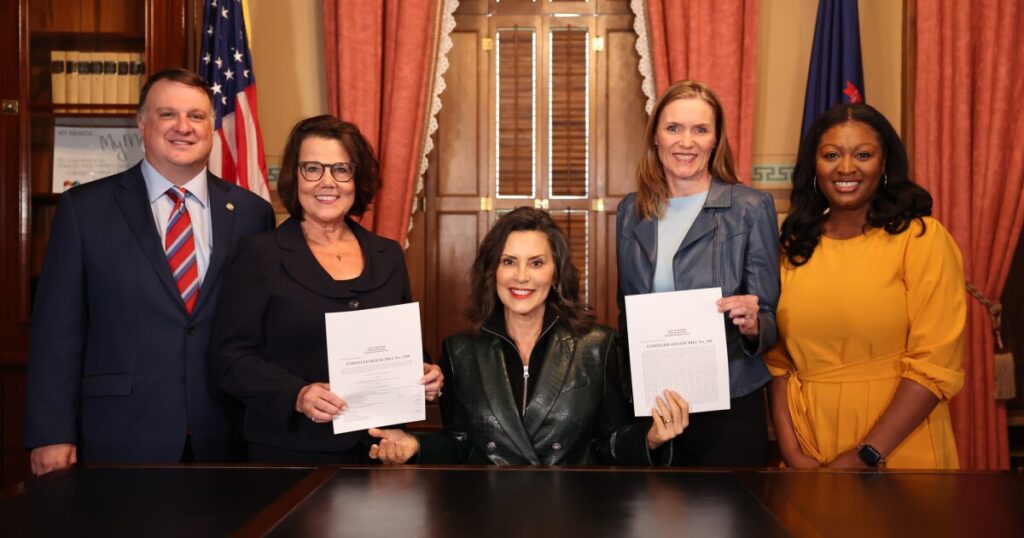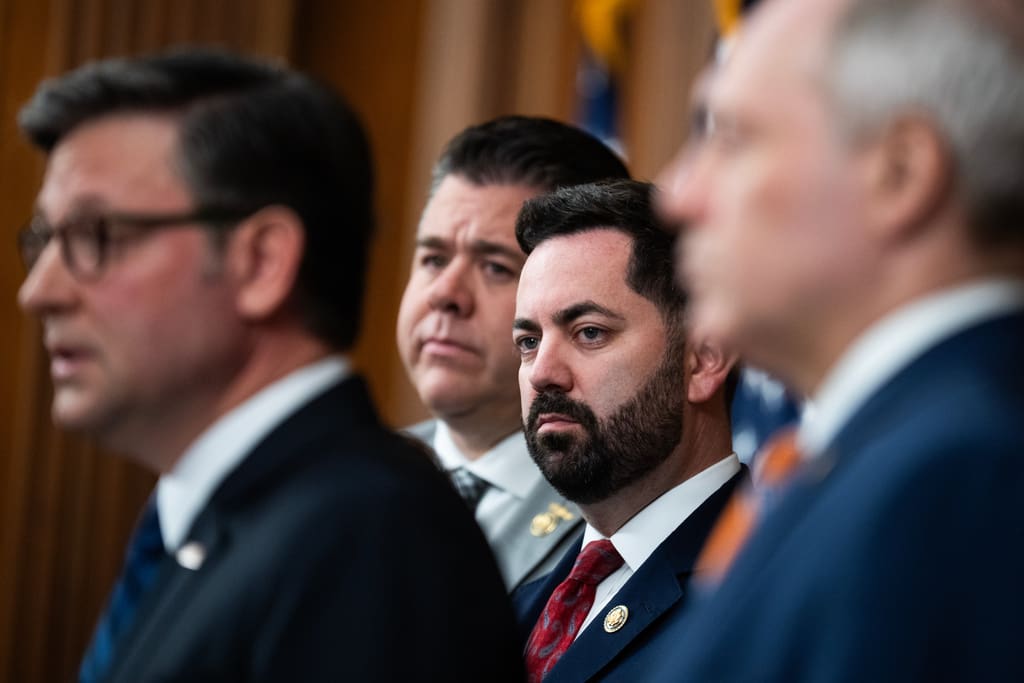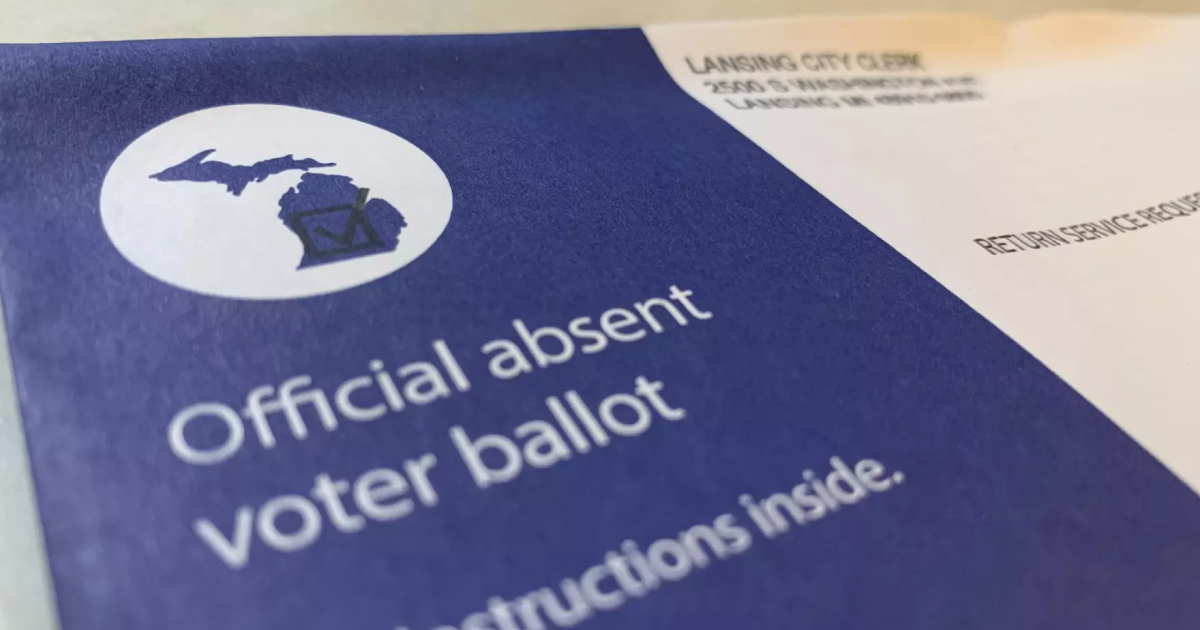Governor Whitmer Finalizes $80 Billion Budget Amidst Negotiations
In a pivotal moment for Michigan’s financial planning, Governor Gretchen Whitmer has sanctioned an $80 billion budget, earmarked for K-12 education, higher education, and other state expenditures. The signing, held privately in her Capitol office, concluded a period of intense discussions that extended beyond the fiscal deadline.
The official photo from the event shows Governor Whitmer alongside Senate Democratic and House Republican leaders, visibly pleased, a stark contrast to the arduous negotiations that necessitated a temporary funding measure to prevent a government shutdown.
Governor Whitmer highlighted the collaborative effort in a video, stating, “This budget is a testament to what we can get done when we work together.”
She emphasized financial relief measures, noting, “We’re lowering costs so working families and seniors can keep thousands of hard-earned dollars in your pockets by continuing to roll back the retirement tax, continuing the Working Families Tax Credit and ending taxes on tips, overtime and Social Security.”
A key component of the budget is the allocation of all fuel taxes to road infrastructure and a slight increase in K-12 educational funding. Additionally, it maintains universal free school meals, a priority for Whitmer during the budget talks.
The financial framework also introduces $420 million in revenue from a new wholesale marijuana tax, effective January, aimed at bolstering road maintenance funding.
However, this new tax initiative has sparked legal challenges. The Michigan Cannabis Industry Association has filed a lawsuit in the Michigan Court of Claims, arguing that the amendment to the 2018 Michigan Regulation and Taxation of Marihuana Act is unconstitutional. The lawsuit contends that the change bypasses the necessary three-quarter legislative supermajority as stipulated by the Michigan Constitution for voter initiative amendments.
The budget also ceases further funding for the governor’s economic development fund, a point of dispute with legislative Republicans. Nonetheless, House Speaker Matt Hall (R-Richland Township) indicated ongoing discussions for a new business incentive initiative.
“What we need is something where we really prove that they’re really creating the jobs that they say they’re going to do and that they’re higher-paying jobs than what we would have otherwise, because why would you pay for jobs that are less than the average,” Hall stated in a press briefing post-signing.
Hall remains optimistic about reaching a consensus on business incentives before the year concludes.
—
Read More Michigan News










